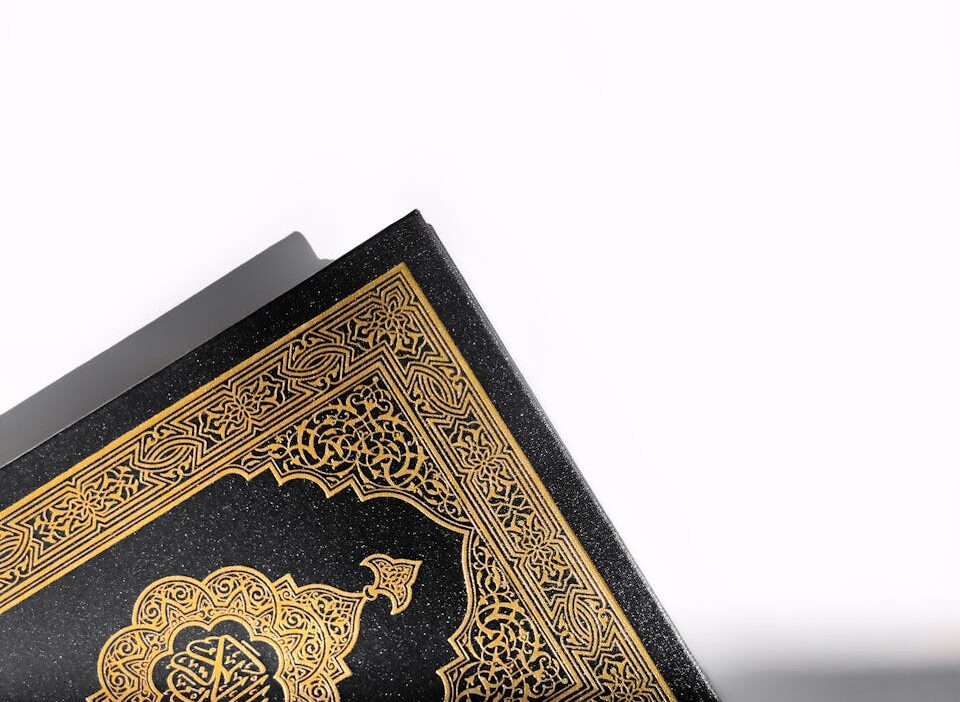
The Qur’aniyūn believe the sole function of the Prophet was to deliver the Qur’an, and not to explain it. Hence the hadīth does not explain the Qur’an.
I will demonstrate that in addition to delivering the Qur’ān, one of the functions of the Prophet was to explain the Qur’ān. Hence the ḥadīth explains the Qur’an.
The following two verses demonstrate that the role of the Messenger was not restricted to delivering the Qur’an.
Verse One
“He is it He Who has sent among the unlettered ones, a Messenger from among themselves, reciting to them His verses, purifying them, and teaching them the Book and the Hikmah. And verily, they had been before in manifest error”. Sūrah Jumu’ah 62:2
In this verse, four distinct roles are mentioned:
- Reciting the verses
- Purifying the believers
- Teaching of the Book.
- Teaching the Hikmah.
The first role of the Prophet was to recite the verses of the Qur’an to the believers. About this point this is no disagreement or ambiguity. If the Prophet’s mission was to solely deliver the Qur’an, the verse would have ended there. But three other roles are mentioned.
Secondly, the Messenger was to purify them from idolatry and sins. The third role of Messenger was “teaching the book”. This is mentioned separately from “reciting the verses”. Hence in addition to recitation of the verses of the Qur’ān, the Messenger was also ordered to teach the meaning of these verses. When the Prophet received revelation, he would convey this to his Companions and explain it through his statements and his actions. He would explain general details, clarify misunderstanding and be a living example of the Quran. The statements and actions of the Prophet are known as the sunna and are preserved in the authentic aḥadīth.
Finally, the Prophet taught the hikma. This word is mentioned alongside the word ‘book’, and cannot as the Quraniyun claim, mean Quran otherwise the Prophet would be teaching the Quran and the Quran. From this verse, we deduce that the hikma referred to in this verse is the sunnah. This point can also be made by the following verse: “Solemnly recall Allah’s favour on you, and the fact that He sent down to you the Book and the Hikmah for your instruction…” Al-Baqarah 2:231
Verse Two
The second verse that refutes that the sole function of the Prophet was to deliver the Qur’an and that hadīth does not explain the Qur’ān is: “And We have also sent down to you the Dhikr (Qur’an) so that you may explain clearly to men what is sent down to them”. (Sūrah Nahl 16: 44)
This verse clearly demonstrates that the Messenger had a role vis a vis the Qur’an; to clearly explain the Qur’an. His explanation of the Qur’an, was in two ways: either directly by mentioning a verse and then explaining it, or teaching a matter regarding a verse (s)of the Qur’an without directly making reference to the relevant verse. Thus contrary to the beliefs of the Qur’aniyūn, the role of the Prophet was not restricted to delivering the Qur’an, but it included explaining the Qur’an, hence the ḥadīth explains the Qur’an/
The Prophet was sent to a people who excelled in the Arabic language, who witnessed the revelation descending, who understood the causes behind the revelation of many verses, yet despite this, the Companions needed the Messenger of Allah to explain the Qur’an to them. If this is the case with the best of generations, then what about those who came after them. They are even in more need of having the Quran explained to them – ie through the h̩adīth.
How the Prophet explained the Qur’an
A detailed discussion of how the Prophet explained the Qur’an is beyond the scope of this article. However one of the ways he explained it is that he practically implemented non non-detailedmands in the Qur’an, such as the order to pray, fast, and perform hajj. Numerous verses in the Qur’an, enjoin mankind to establish prayer. But the number of prayers in a day, the number of rakāts in each prayer, the timing of the prayer, and what is recited in the prayer are all detailed in the sunna.
Rejecting hadith leads to division
An oft-repeated mantra of the Quraniyun is that the following of hadith is the cause of division in the Ummah. However in an issue such as the obligation of praying five daily prayers, in which no two Muslims differ, has been the cause of immense difference amongst the Quraniyun.
The hadith rejector, ‘Abdullah Chakrawalvi held that there were five daily prayers, but was refuted by his students who accused him of following h̩adīth. They stated that the Qur’an only mentioned three prayers. However they differed as to which three. Each prayer, according to them, is two rakaat, and anything other than recitation of the Qur’an is prohibited. The prayer ends without tasleem. The Quraniyun group headed by Khawaja Ibaadullah Akhtar believe in two daily prayers, and the group headed by Madhupuri in India believe in six daily prayers. Parwez stated that it is up to the head of state to determine how to pray.
For further information, click this link.



